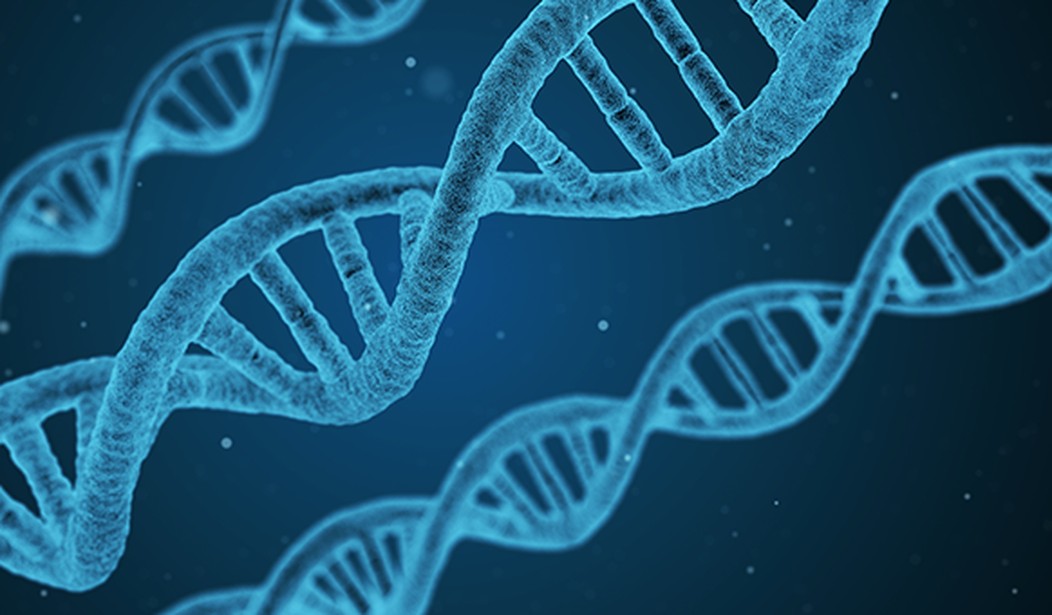Here’s a question to ponder this evening and it involves a relatively famous woman named Henrietta Lacks. She passed away back in 1951, but in her 31 short years on this planet, she made a remarkable contribution, even if she didn’t know it at the time. A book was written about her life and it was later made into a movie starring Oprah Winfrey. Back in the fifties, she was being treated for cervical cancer at Johns Hopkins. Doctors removed some cells from a tumor in her body for study. The cells turned out to be remarkable and became known in the industry as HeLa cells for their ability to be endlessly reproduced. They would later be used in many medical breakthroughs.
But Lacks was never compensated or even told about this. Her family would later sue one of the companies making use of the cells over the years for wrongly profiting off of Lacks. This week that suit was settled out of court and the family will reportedly receive an unspecified amount of compensation. This raises a question I hadn’t fully considered before. Did Henrietta Lacks “own” those tumor cells and was her family able to inherit her “rights” to them? (NPR)
Lacks’ descendants have argued that she and other Black women were “preyed on” by a group of white doctors in the 1950s and that her family was never compensated for the use of her genetic material that made such profitable scientific advancements possible.
“Not only were the HeLa cells derived from Henrietta Lacks, the HeLa cells are Henrietta Lacks,” Ben Crump, an attorney for the family, said during a press conference Tuesday.
Thermo Fisher Scientific, a Massachusetts-based science and technology firm, previously asked a judge to dismiss the case, arguing in part that the plaintiff’s claims were too old.
I will confess that any time I see Ben Crump’s name attached to a lawsuit my antennae go up because he’s established quite the reputation as a race hustler who has profited greatly off the misfortunes of others while stoking racial division in the country. (The Lacks family is Black, not that it matters when considering this issue.) But that can’t be the beginning and the end of this question.
Any time tissue is removed from living human bodies by doctors, it tends to be handled and disposed of as medical waste. But some of it may prove useful for research and be preserved. Does anyone generally even give a thought as to what a hospital does with their appendix, tonsils, or diseased kidney after it’s removed and they are discharged from the hospital?
And we’re not even talking about a human organ here. Those cells were part of a cancerous tumor that Henrietta Lacks didn’t originally produce. In some ways, settling this question out of court was probably better for everyone, at least for now. Imagine what would happen if a court had found in favor of the Lacks family. Every family who has ever lost a loved one who underwent surgery and had something removed could demand payment if the organs or tissue in question hadn’t been returned to them.
Granted, Lacks’s case is a bit unique because it turned out to be incredibly useful in research and has lasted for so long. But doctors generally study anything they remove from a patient to determine their prognosis and what the next steps might be. In that sense, all of this tissue has some inherent value to science.
To be clear, there are definitely special cases where exceptions can be made and legal lines have already been drawn. When people donate sperm and/or eggs for in vitro fertilization and the creation of a human embryo, that’s not “medical waste” and obviously has value. And the clinic performing the work clearly bears a certain amount of responsibility in handling such embryos. They rightfully remain the “property” of the donor or donors and these things are typically spelled out in contracts that are signed at the beginning of the process.
But that’s a far cry from literal medical waste. Would the Lacks case serve as a basis for the courts ordering hospitals to offer surgical patients the opportunity to take any removed tissue home with them when they check out of the hospital? (Sorry if I ruined anyone’s digestion just now.) The medical industry would likely require an entirely new army of medical technicians and lawyers to monitor such waste. And we can only imagine what that would do to the average cost of a hospital stay, which is already far too high.
In a way, I can sympathize with the Lacks family and their feelings about how their “Immortal” ancestor’s remains were utilized. And I’m sure they’re happy with the result of these negotiations. But from a cold, distant legal perspective, this settlement seems troubling and could portend bad things to come.








Join the conversation as a VIP Member